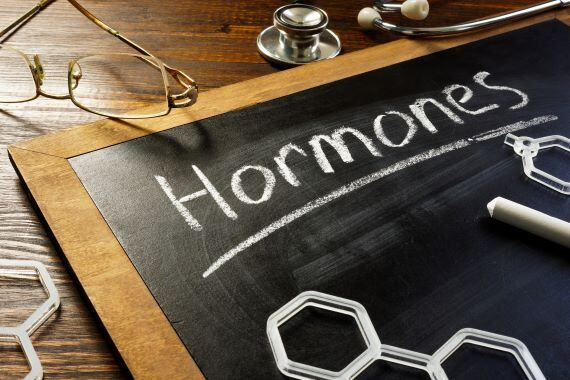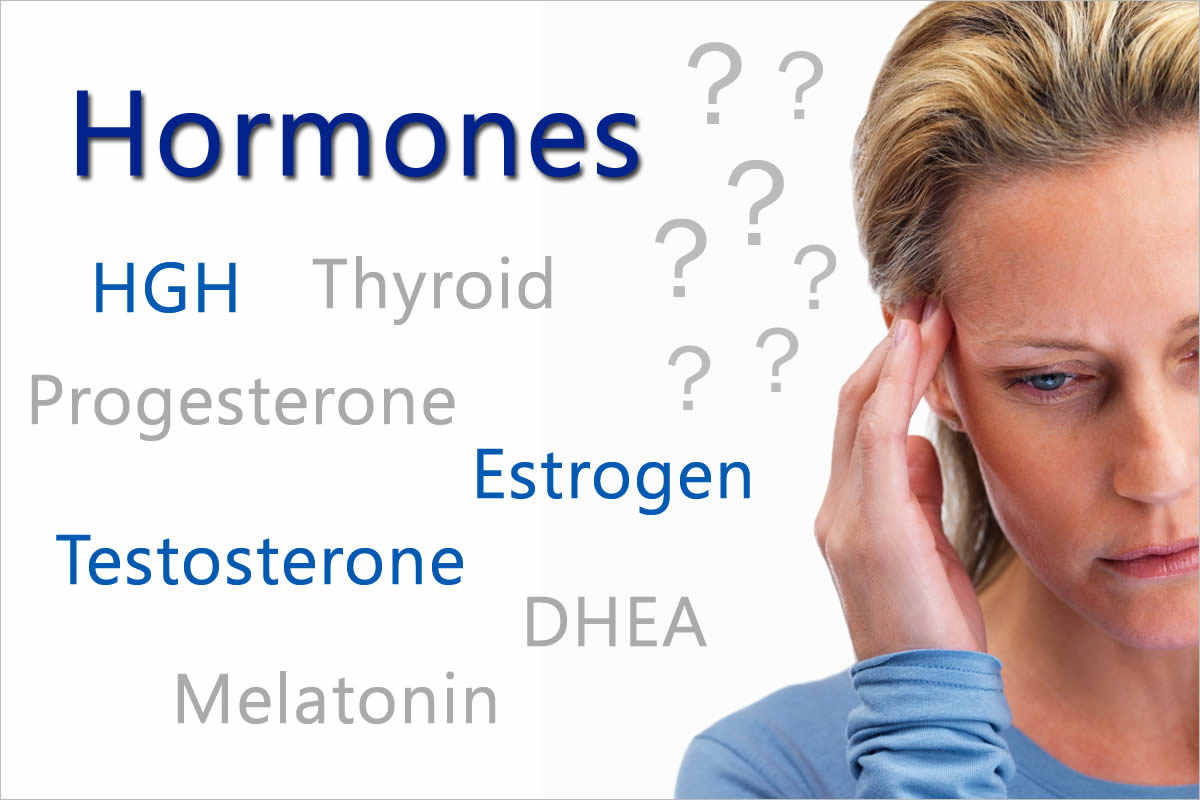
If you're over 40 and experiencing hormonal imbalance, then it's important that you understand which foods can help, and which can harm. Eating the right things is essential for restoring balance to your hormones and improving your overall health. However, some foods can aggravate your condition and make it worse. In this blog post, we'll discuss a few of the most common culprits you should avoid in order to keep your hormones in check.
Processed Foods
When it comes to eating for hormone balance, processed food should be avoided at all costs. Processed snacks like chips and candy bars are loaded with unhealthy ingredients that throw off the delicate balance of hormones in your body. The same goes for processed meats like hot dogs or lunch meats. Not only do these items contain high levels of salt and sugar, but they also contain preservatives that have been linked to abnormal hormone levels. The key takeaway here is to stick with fresh, unprocessed foods as much as possible.
Dairy Products
Milk products such as cheese and yogurt may be tasty, but they can also be a source of major problems when it comes to hormonal balance. Dairy products contain naturally occurring hormones called estrogens, which can disrupt the delicate balance of hormones in your body. Furthermore, many dairy products are made from cows treated with synthetic hormones like rBGH (recombinant bovine growth hormone), which can further throw off your natural hormone levels.
Refined Sugar
Refined sugar is one of the worst offenders when it comes to disrupting hormonal balance in women over 40. Refined sugar causes a spike in insulin levels in the body, leading to an increase in fat storage around the midsection—which is often associated with hormonal imbalance issues such as PCOS (polycystic ovarian syndrome). To add insult to injury, refined sugar also promotes inflammation and oxidative stress throughout the body—both of which are linked to higher levels of estrogen production.
Conclusion:
Hormonal imbalances can cause a wide range of unpleasant symptoms including weight gain, low energy levels, mood swings, headaches, fatigue and more. Fortunately, there are ways you can help restore balance back into your hormones by avoiding certain foods like processed snacks, dairy products and refined sugars . By making simple changes to your diet—such as limiting processed foods and focusing on whole foods instead—you'll be taking an important step towards restoring harmony back into your hormones once again!

Have you ever felt exhausted, moody, or anxious for no particular reason? If so, you may be experiencing a hormone imbalance. Hormone imbalances can be caused by a variety of factors—including stress and nutritional deficiencies—and the symptoms can range from mild to severe. In this blog post, we’ll discuss how to identify and treat the most common signs and symptoms of hormonal imbalances in women.

Common Symptoms of Hormonal Imbalance
The most commonly experienced symptoms of hormonal imbalance are fatigue, depression/anxiety, low sex drive, weight gain/loss, night sweats/hot flashes, headaches/migraines, irregular menstrual cycles, infertility issues, and decreased muscle strength. If you experience any of these symptoms on a regular basis or they seem to worsen during certain times of the month (e.g., right before your period), it could indicate that your hormones are out of balance.
Treating Hormonal Imbalance
Nutrition plays an important role in balancing hormones naturally; foods like nuts and seeds that are rich in healthy fats can help increase estrogen levels while avoiding processed sugars and unhealthy fats can help keep insulin levels stable which will reduce inflammation throughout the body. Additionally getting enough sleep (ideally 7-9 hours per night) is essential for maintaining good health since sleep helps regulate cortisol (our stress hormone). Exercise is also important since it helps release endorphins which can improve our moods and reduce stress levels. Additionally, reducing exposure to environmental toxins like pesticides or food additives are also very beneficial as these chemicals can interfere with our hormones.
Finally, you can take certain supplements in order to help restore balance in your hormones naturally.
Understanding how our hormones work is essential for keeping them balanced naturally without relying on medications. If you think you might have a hormone imbalance it’s important to address it and find natural ways to bring them back into balance. With a proper treatment plan tailored specifically for your needs you will be able to find relief from the symptoms associated with hormonal imbalances quickly!


